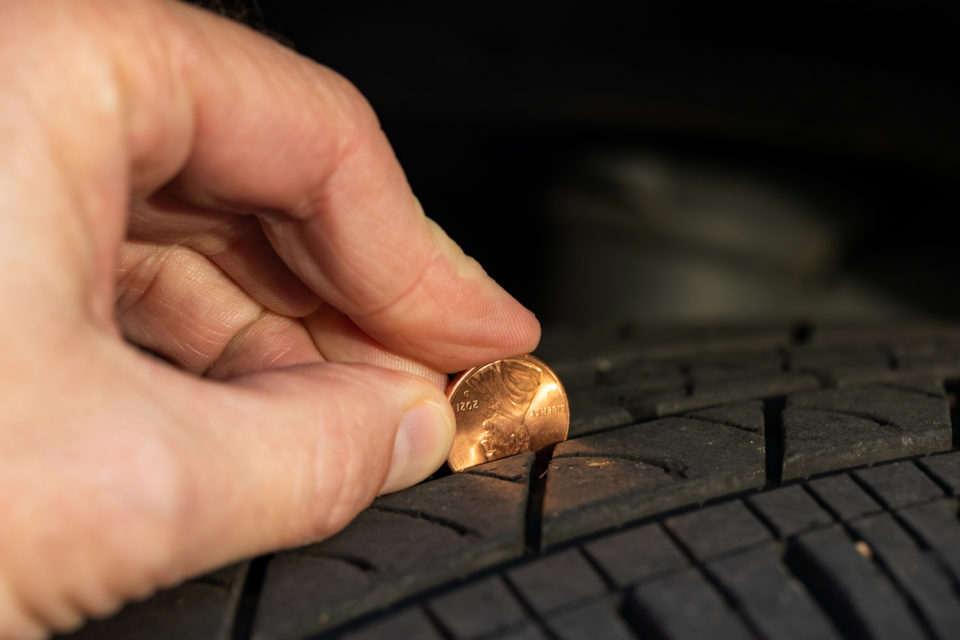
Your tires should be rotated. That’s common knowledge. They should be inflated to just the right pressure, aligned on occasion, and even changed out for new ones when their tread begins to run too thin. Taking care of each of these is important for a variety of reasons. For one, they can improve fuel efficiency, performance – everything. But above all, maintaining your tires appropriately should be done for your safety and the safety of others. But when? When should you rotate your tires? Great question. First, let’s look at why.
Why You Should Rotate Your Tires
Tire rotation basically means taking every tire off the car and putting it in a different position on the car. Commonly this will mean your front tires become your back tires and vice versa. Why do you do this? The way your car drives causes wear and tear on on certain sides, and well, it’s basically like turning over your pillow to the cool side in the middle of the night. Here’s a list of some of the benefits to rotating your tires:
- When tires wear evenly it can extend their life and save you money.
- Even tire wear means balanced handling. In an emergency, this can make your vehicle easier to control, especially if the road is wet.
- Uneven tread can cause tread cupping, which can be noisy and cause vibration.
- Some tire manufacturers require that you regularly rotate your tires in order to keep your warranty.
When You Should Rotate Your Tires
Every car’s owner’s manual has a different recommendation for when you should rotate your tires, but typically it is done every 5,000 to 7,000 miles. You can also ask a technician at a service center such as the Red McCombs Superior Body Shop.
You might also like: What To Do About A Broken Windshield
Can You Rotate Your Own Tires?
Yes, you can actually do it yourself, but it can be very difficult and you should be very careful. For one, you should learn where to place each tire once you remove it, and the order depends on whether you have a front-wheel drive, rear-wheel drive, or all-wheel drive. There are many things you should follow that you can find online. Below are just a few. And remember, never get under a vehicle supported only by a jack.
- A hard, flat, level work area
- A jack, jack stands, wheel chocks
- A torque wrench
- A standard set of hand tools
